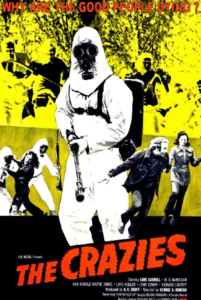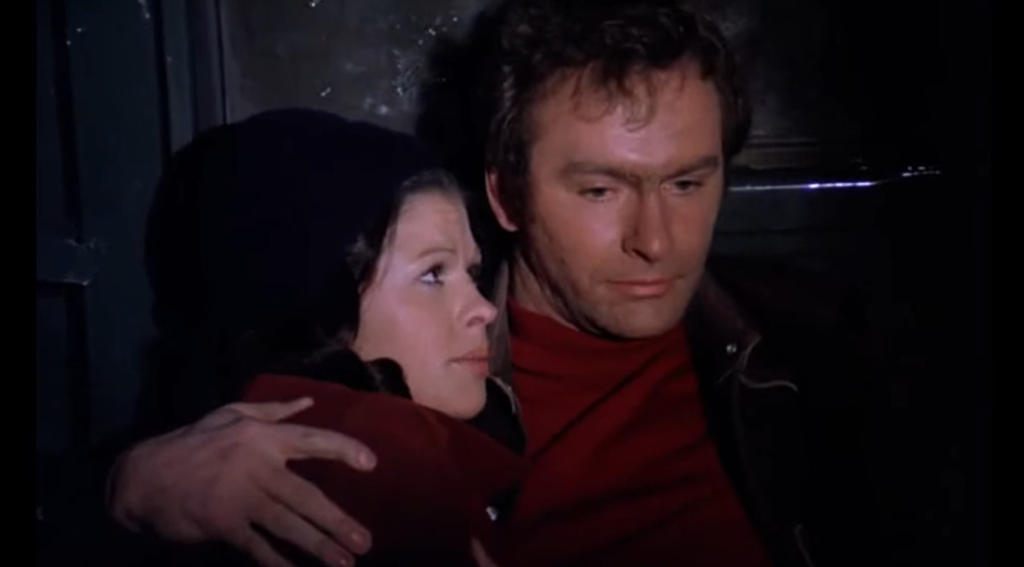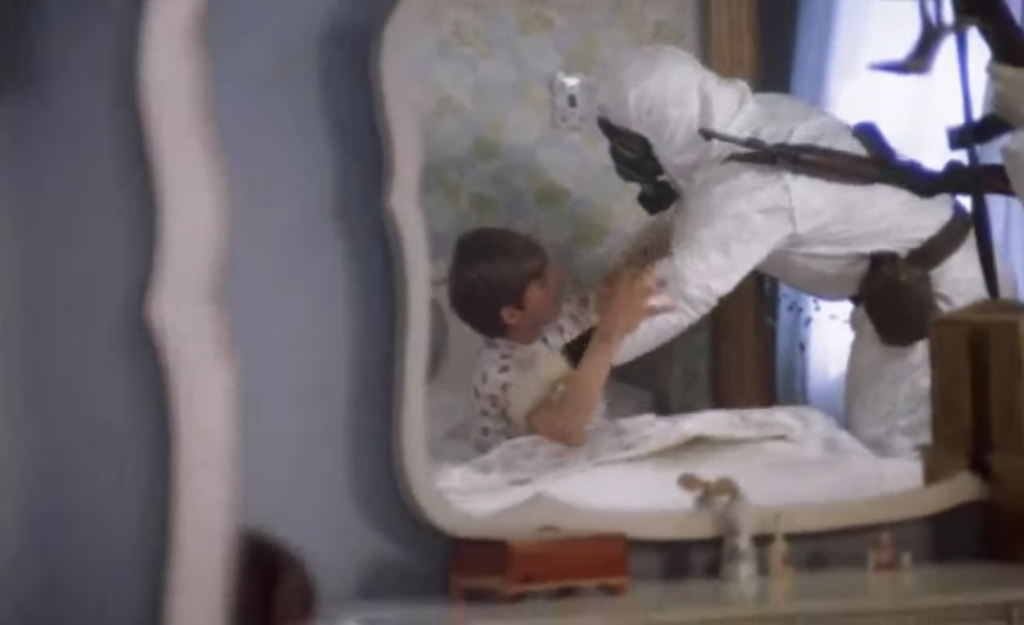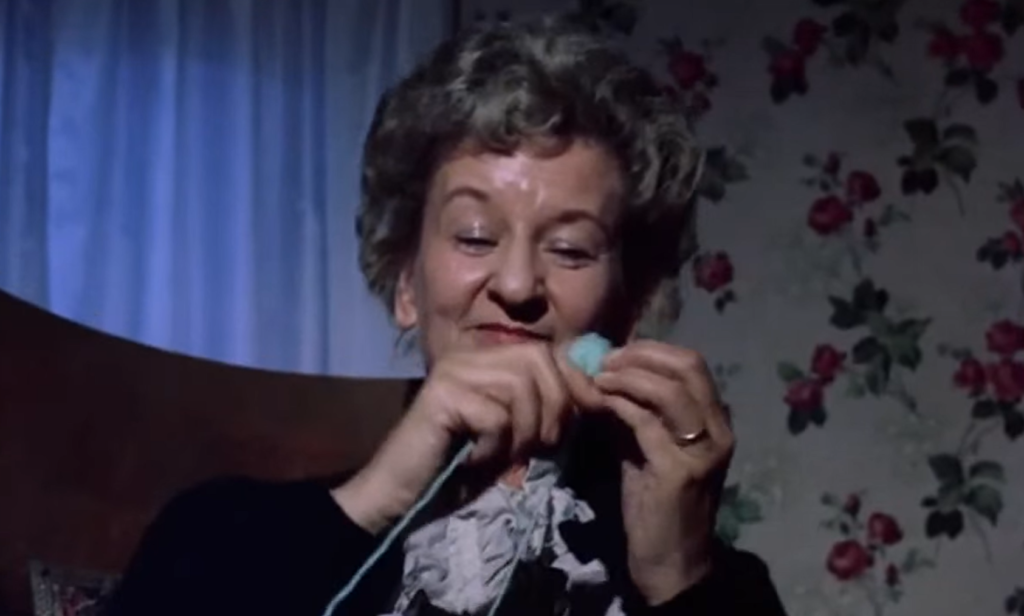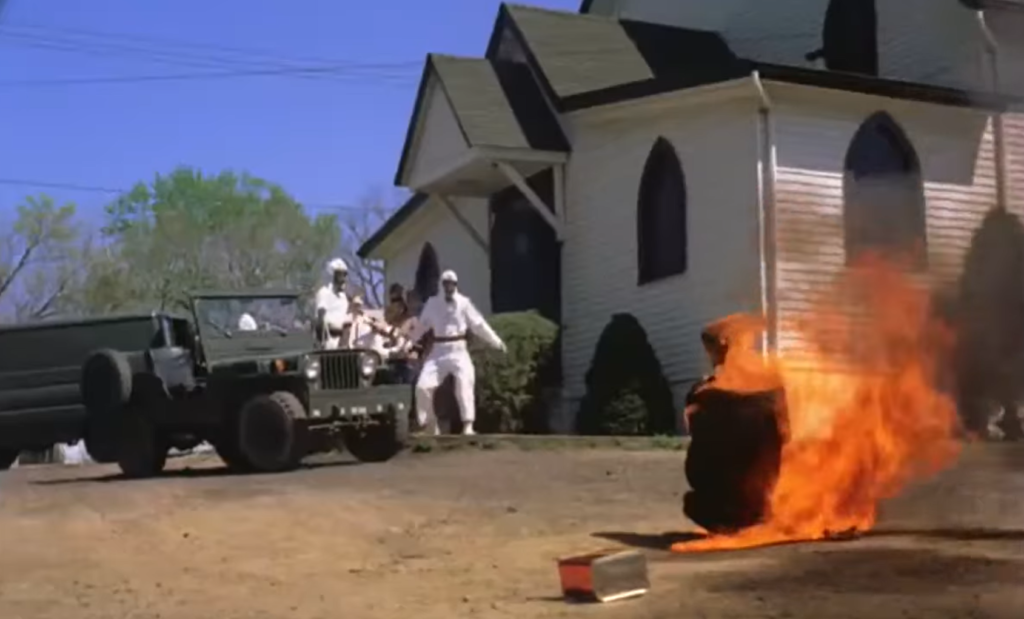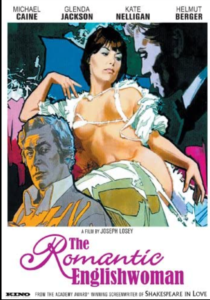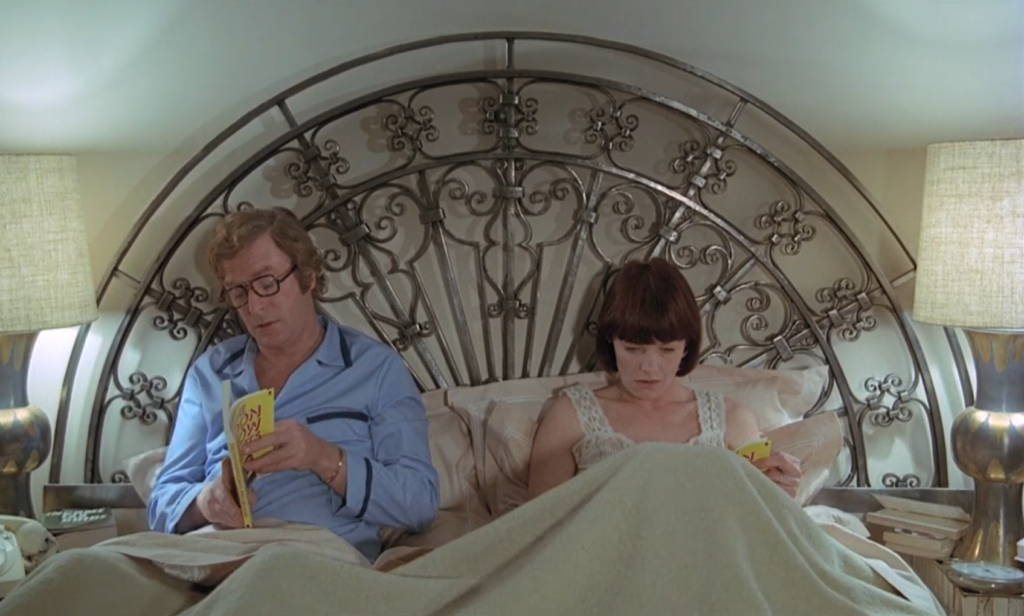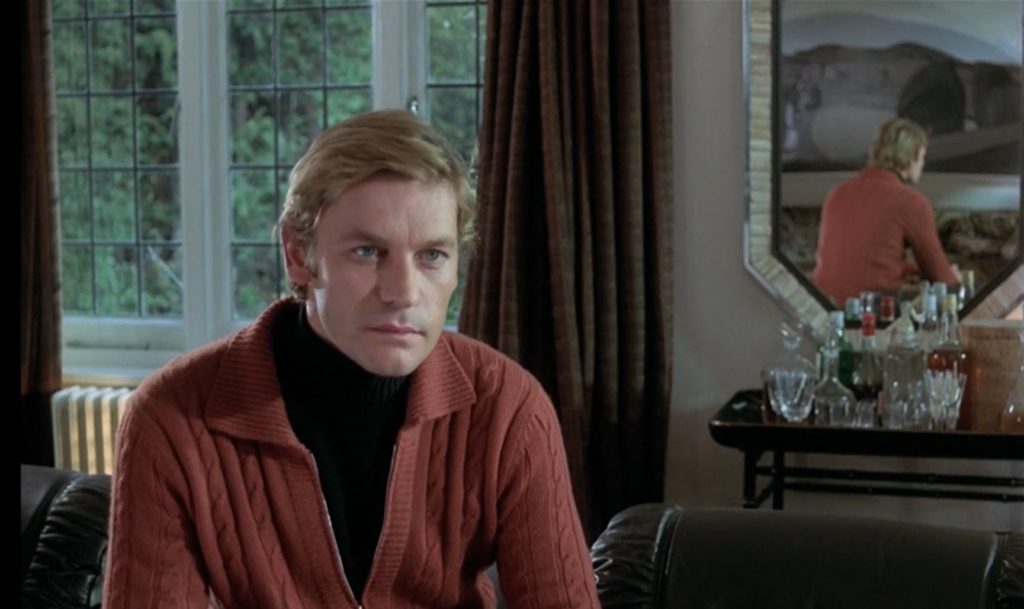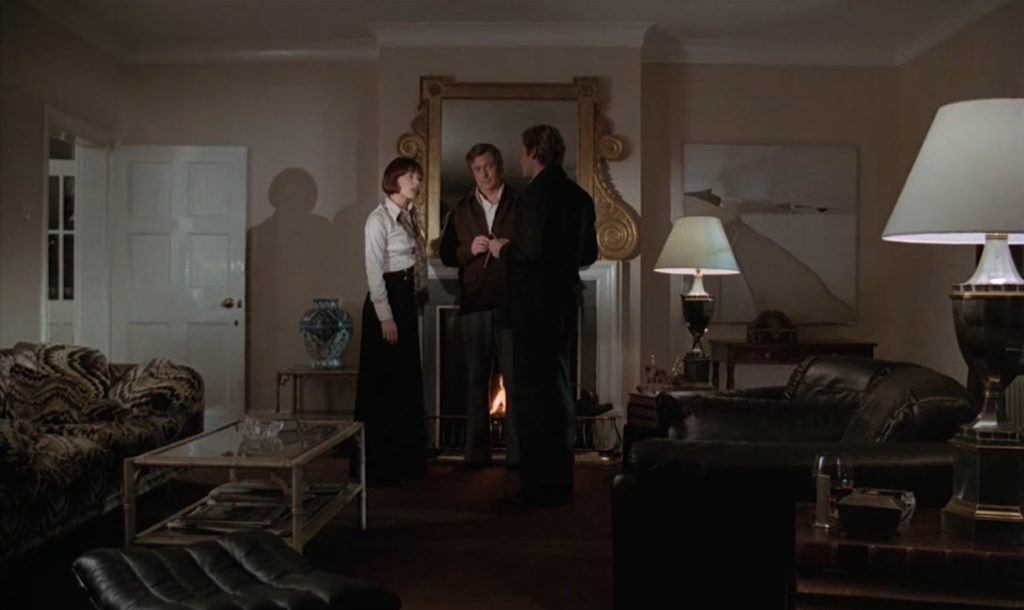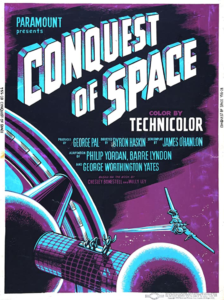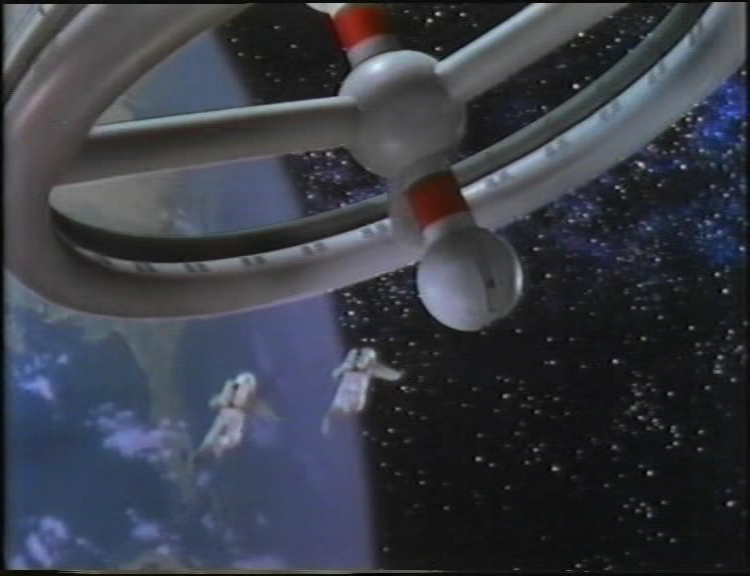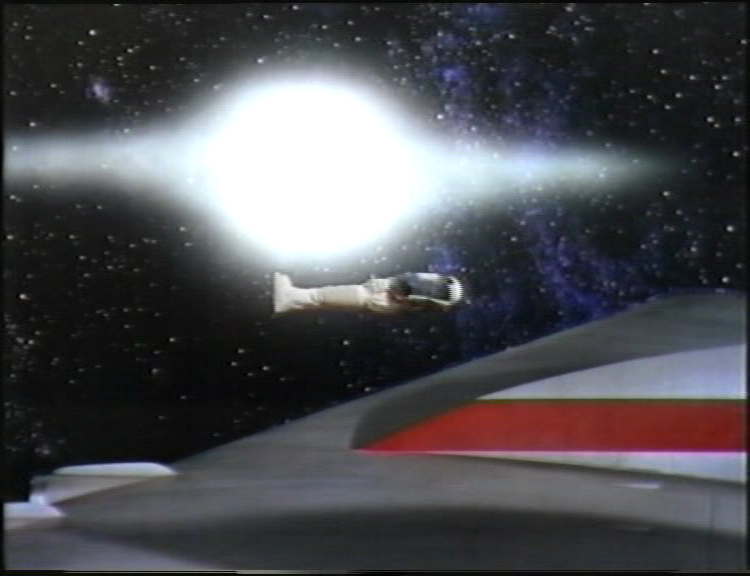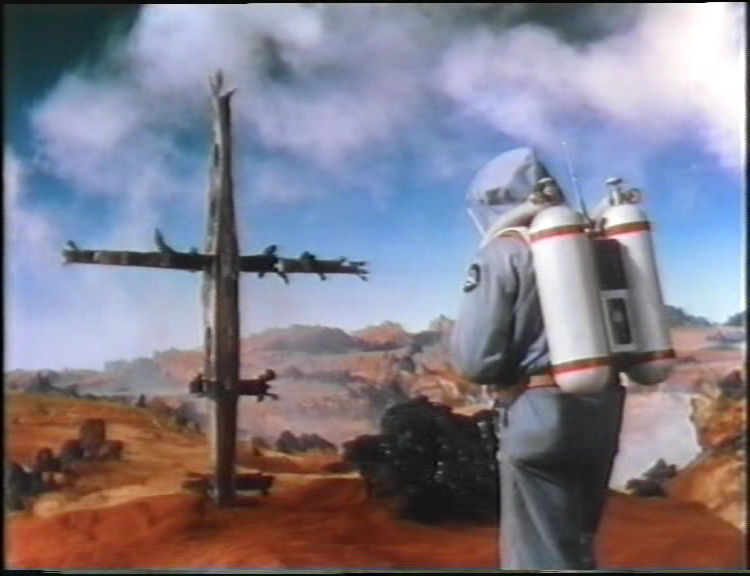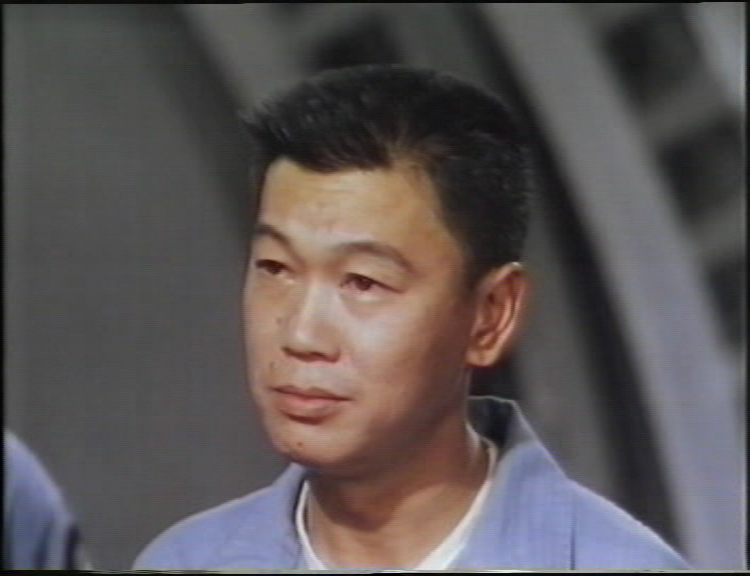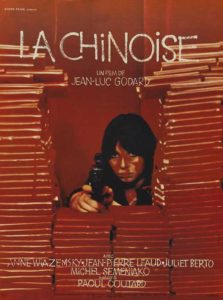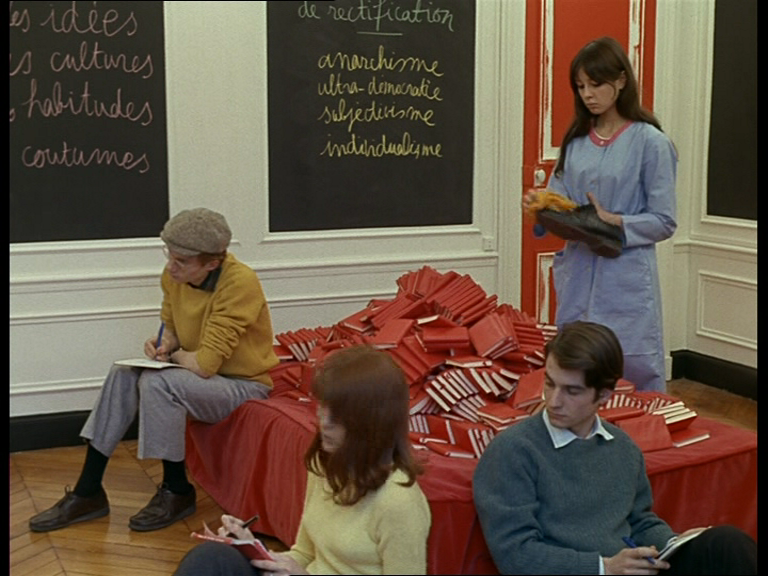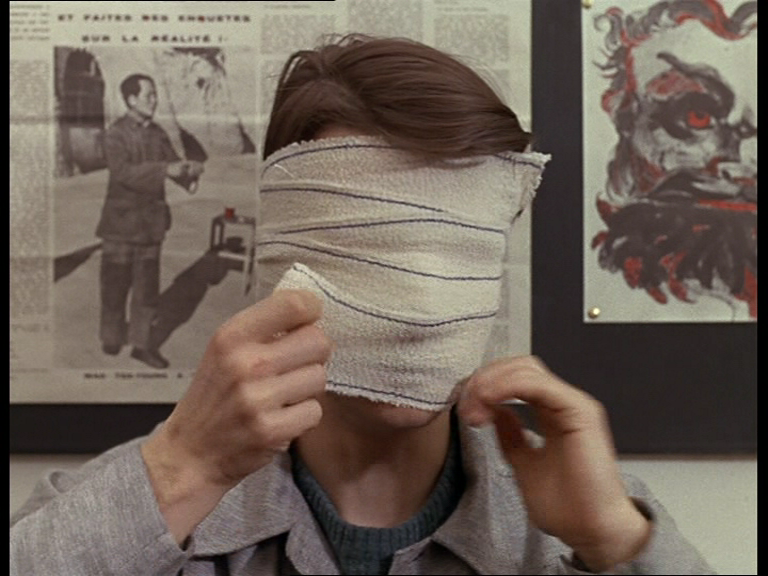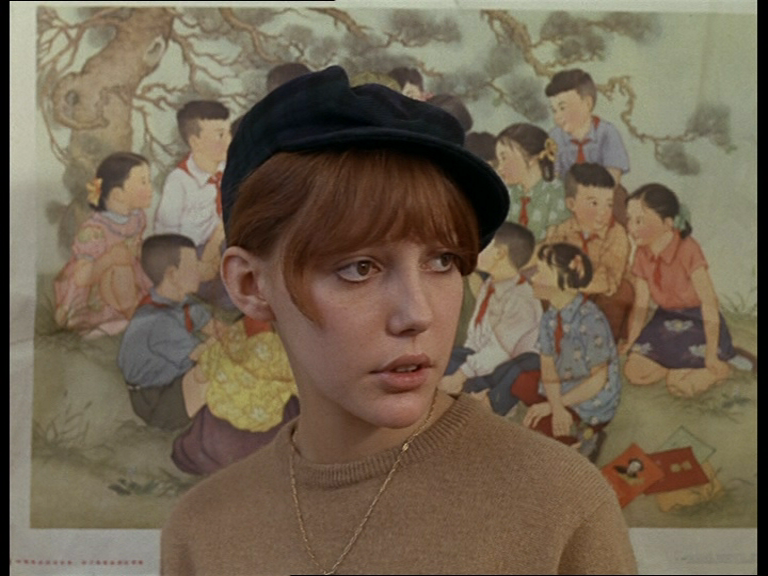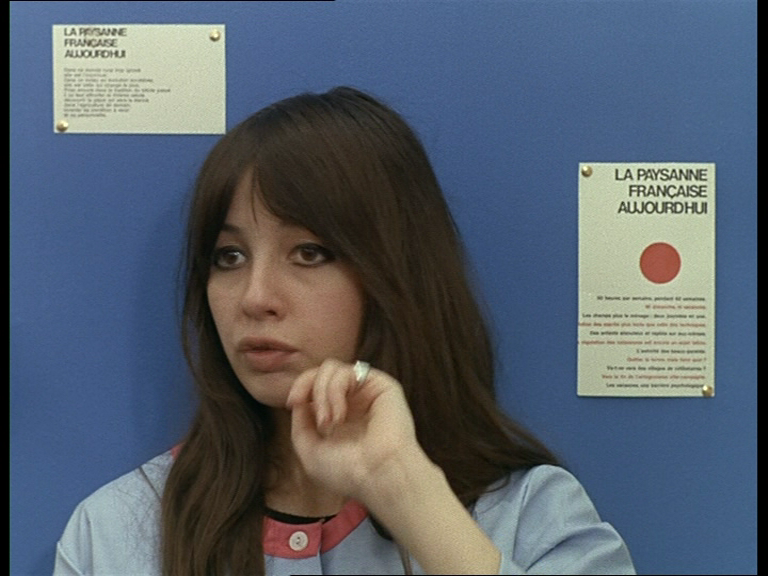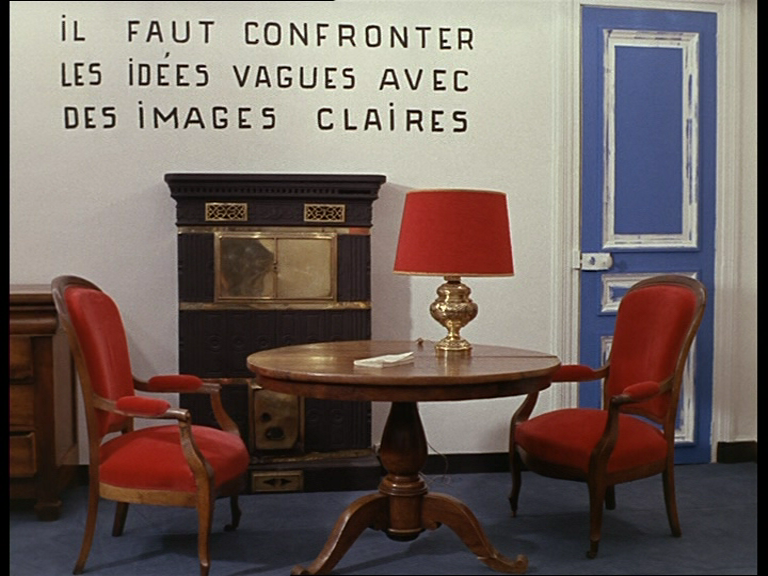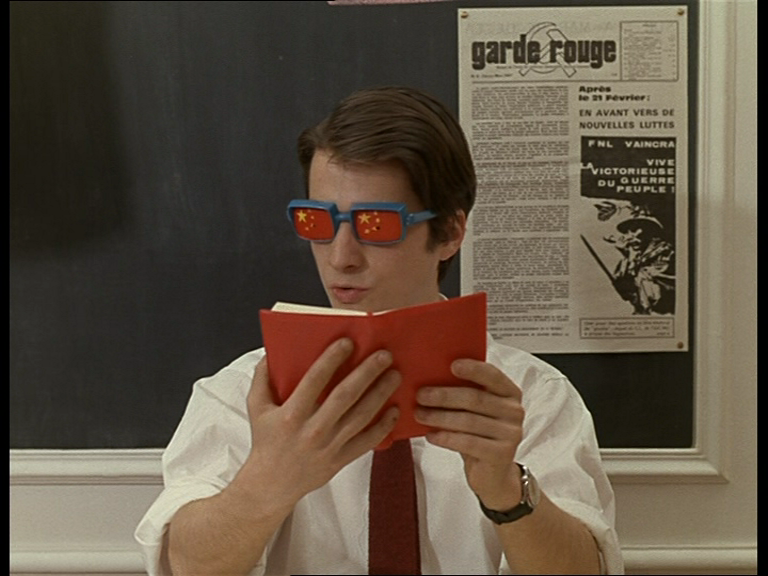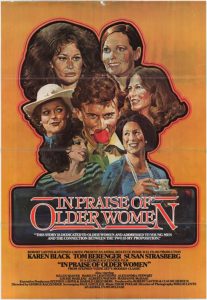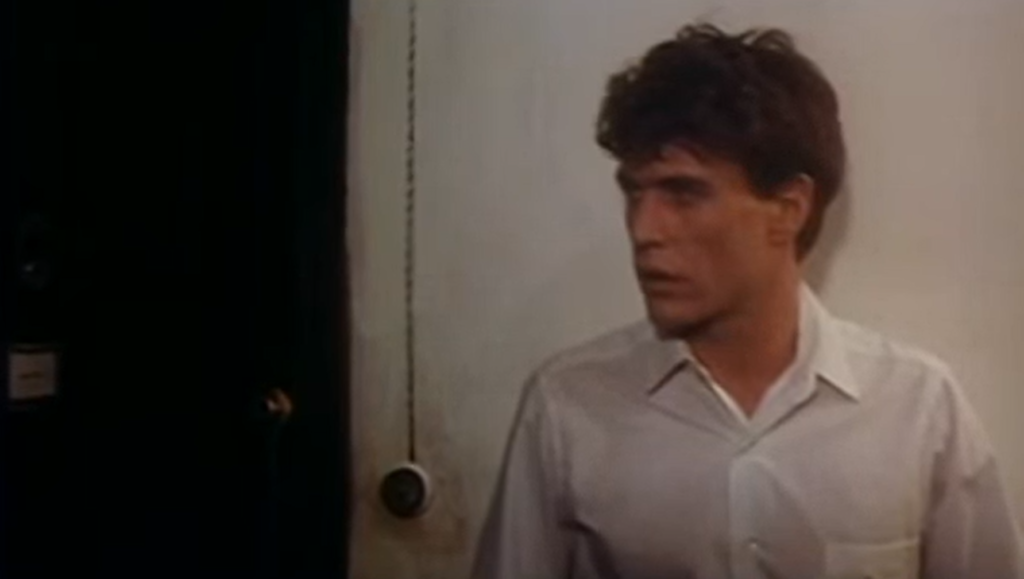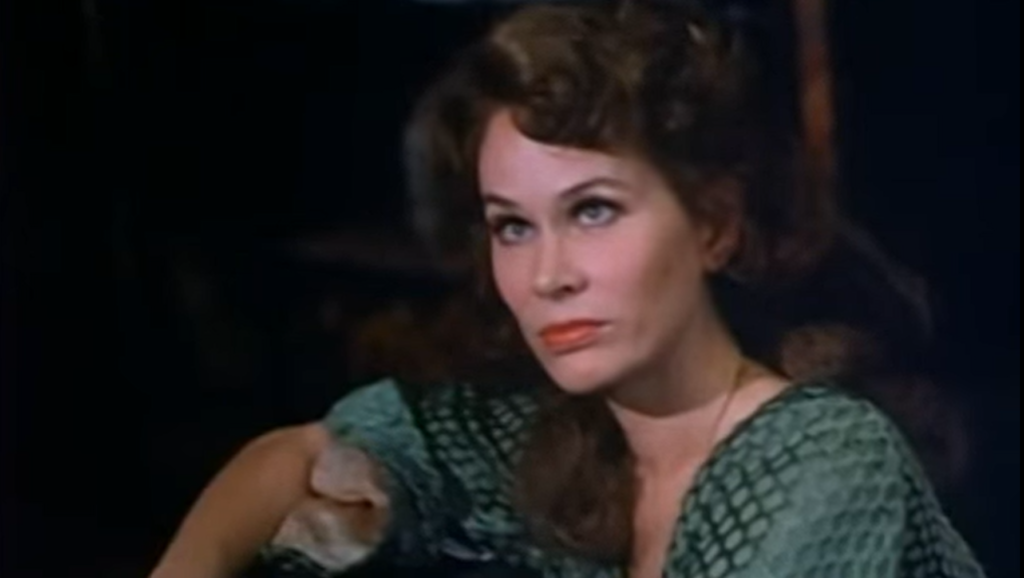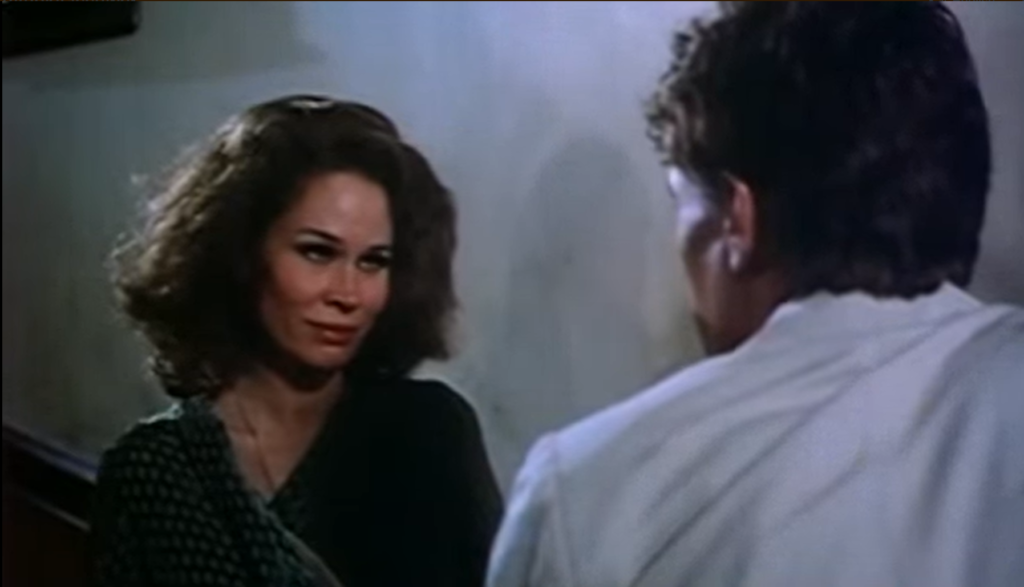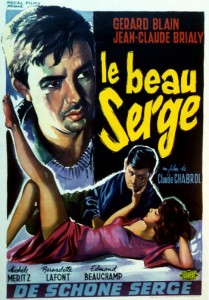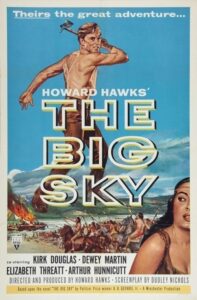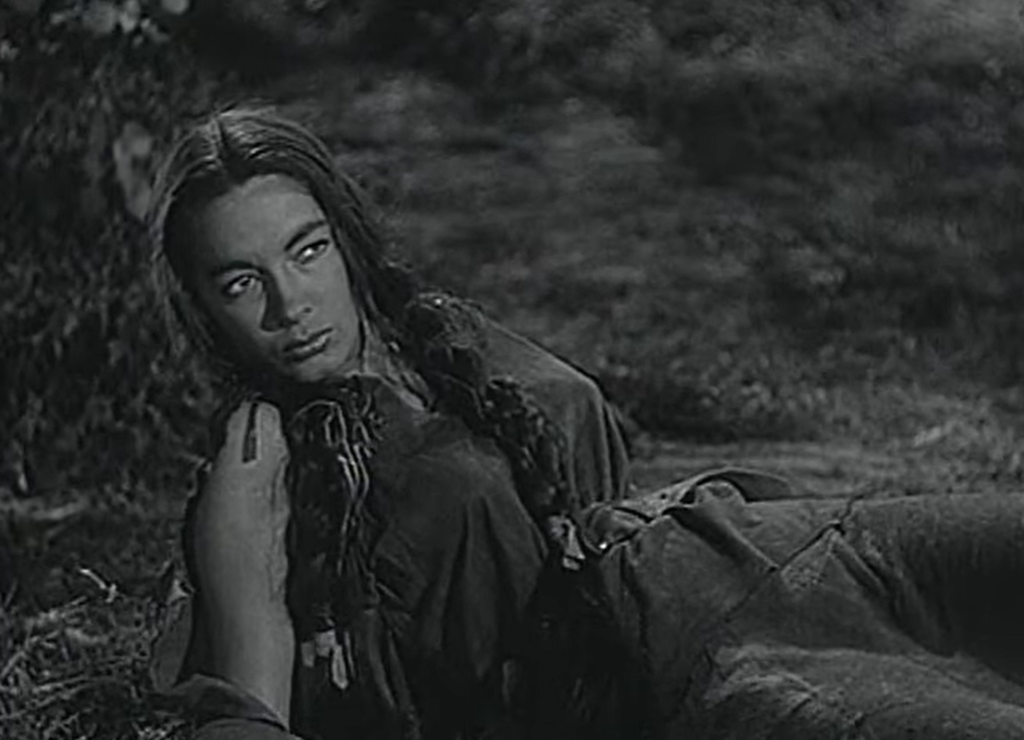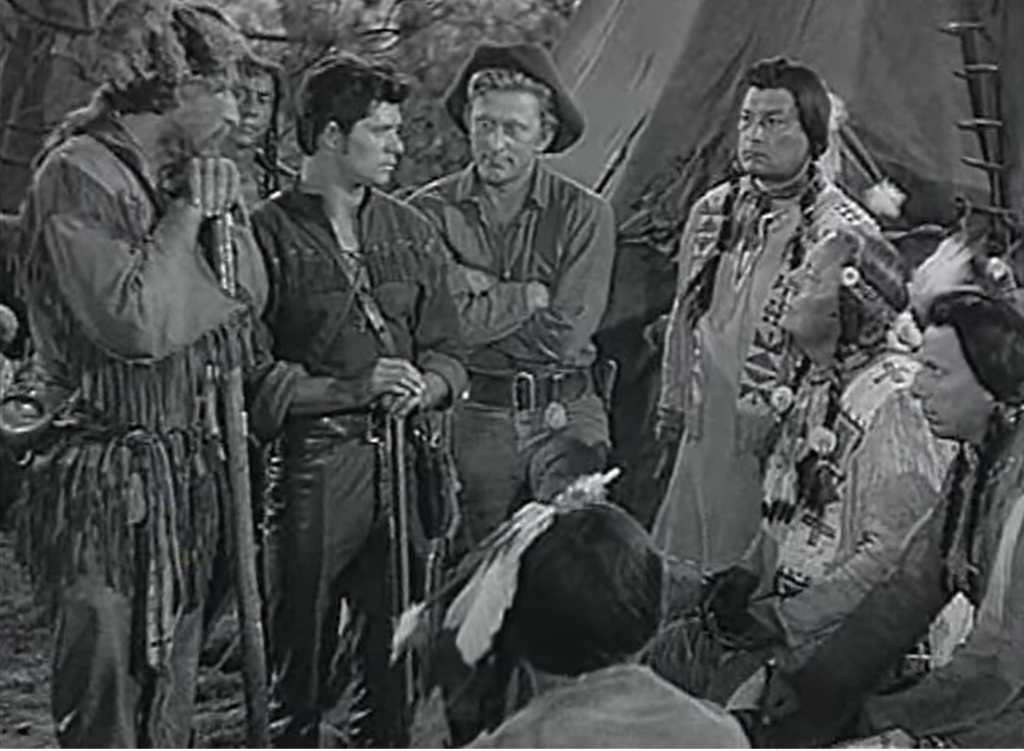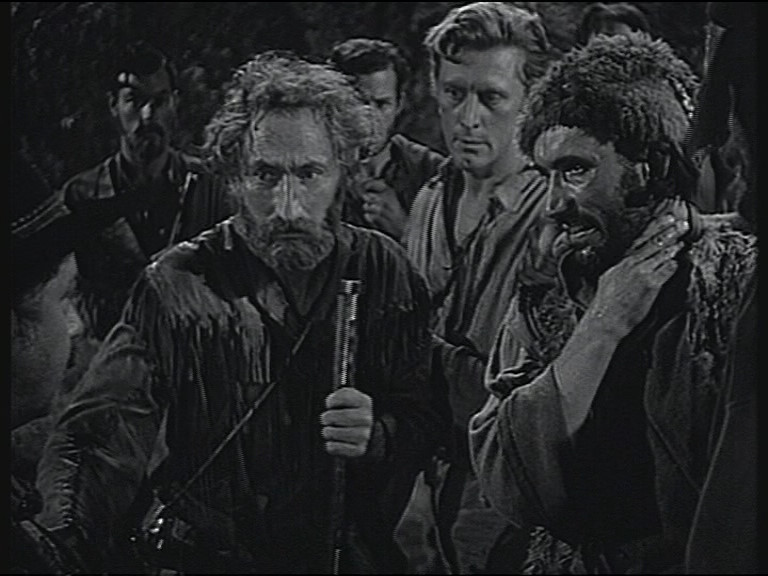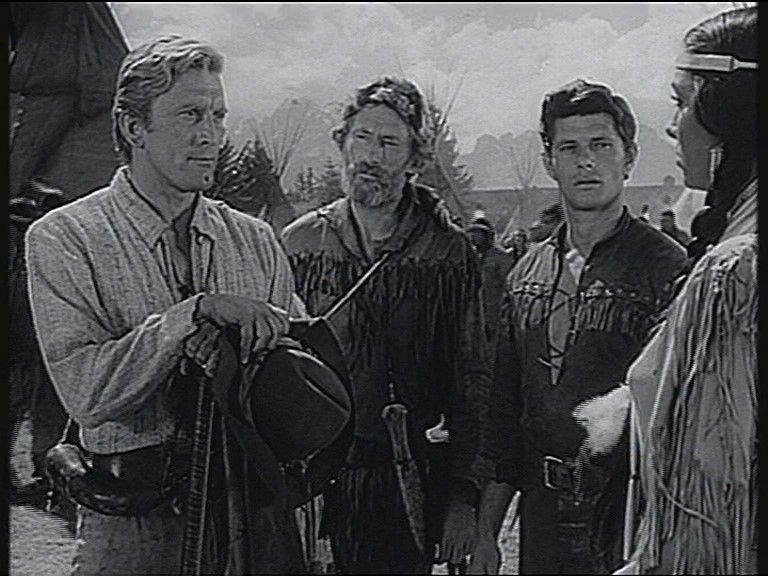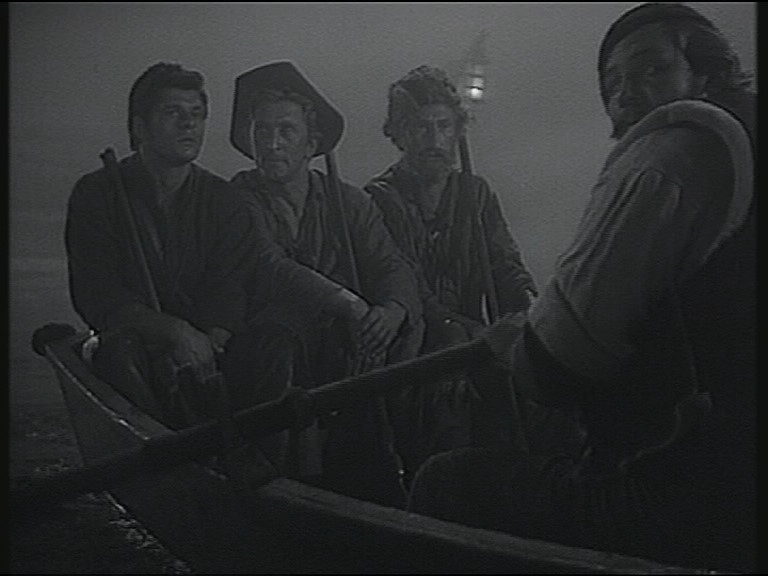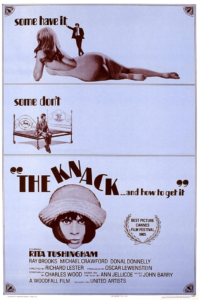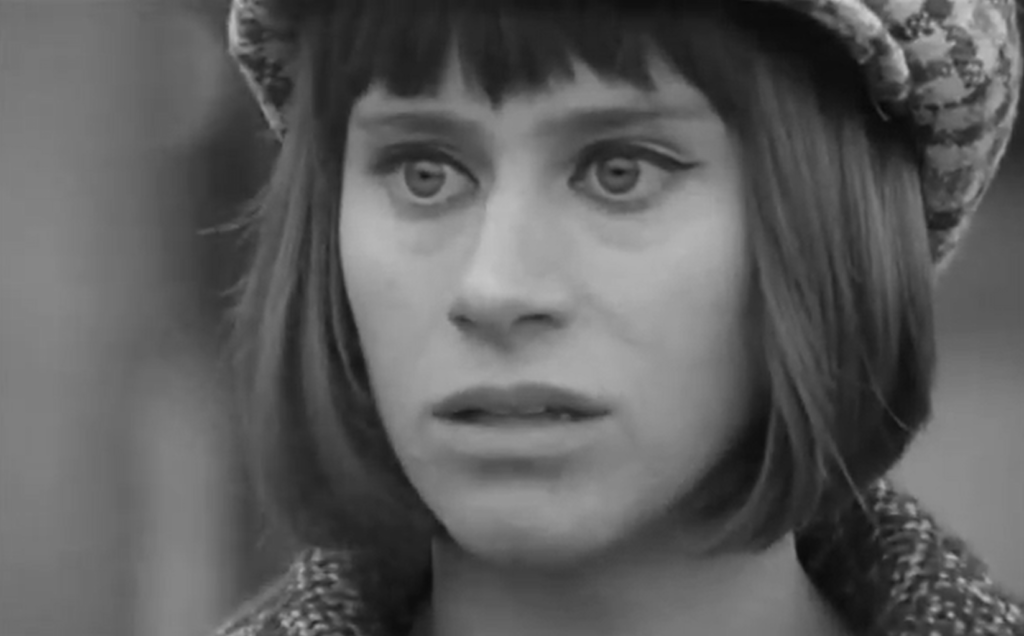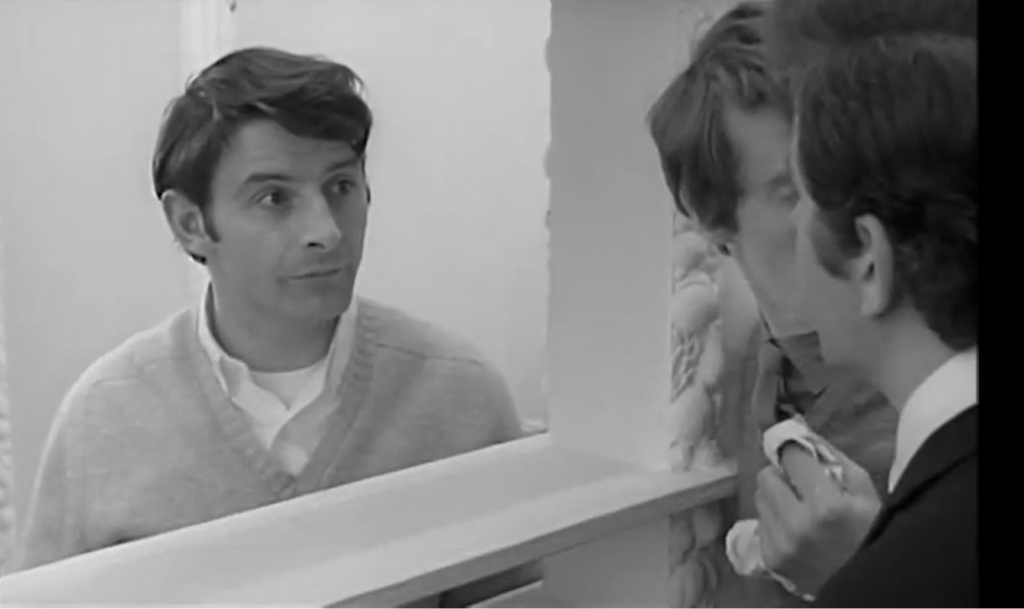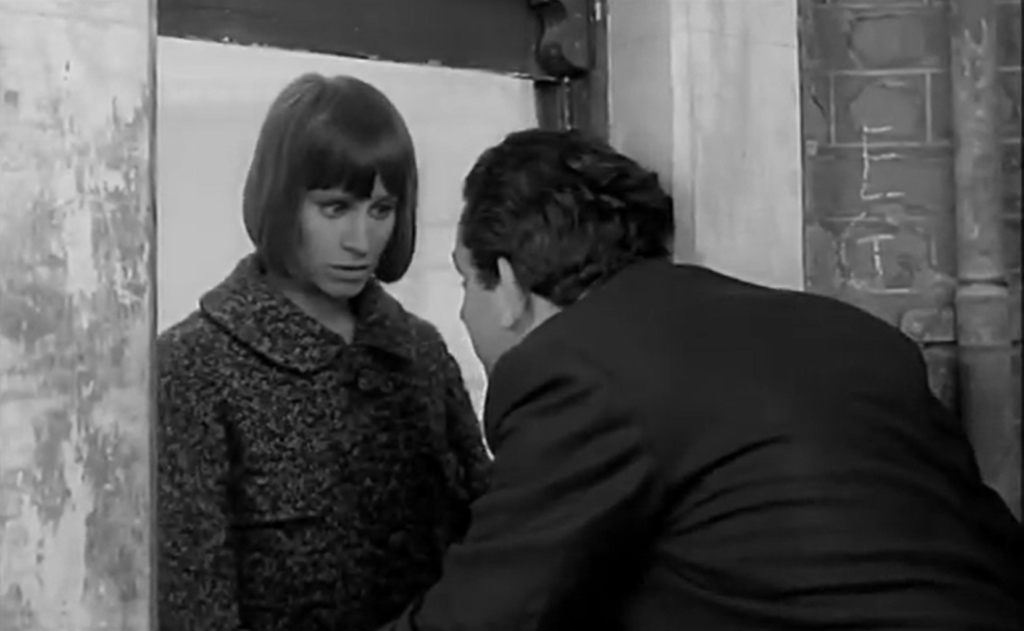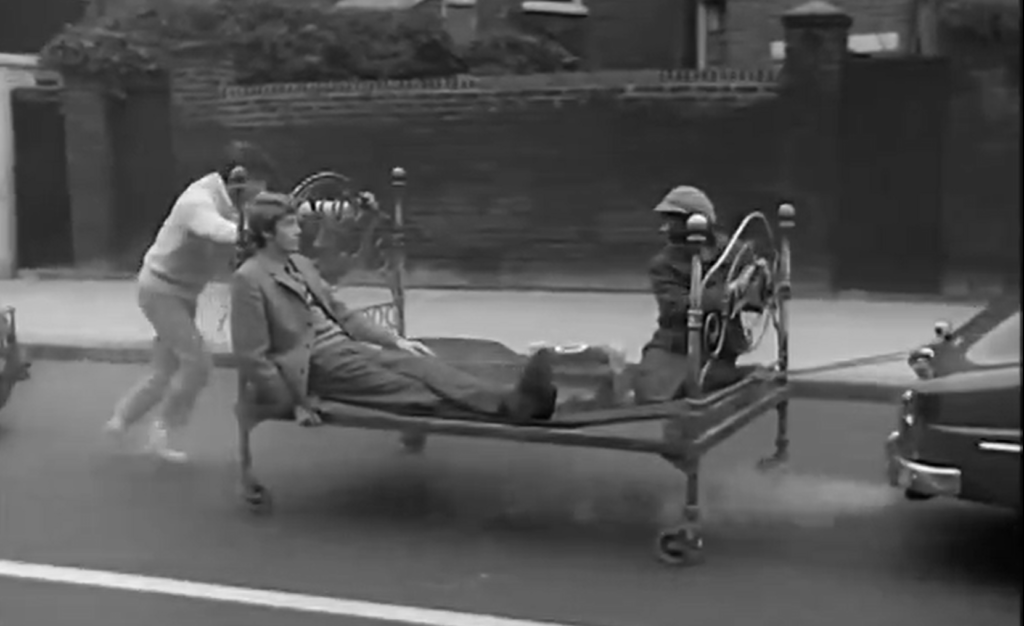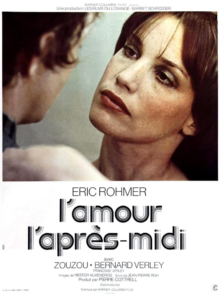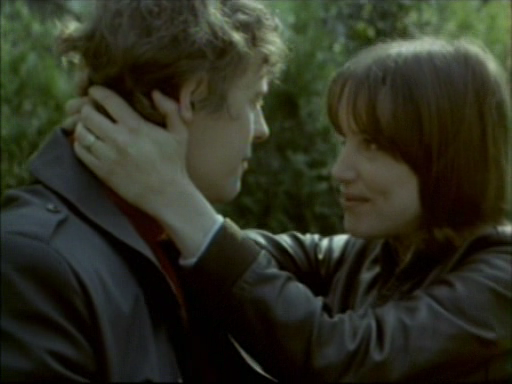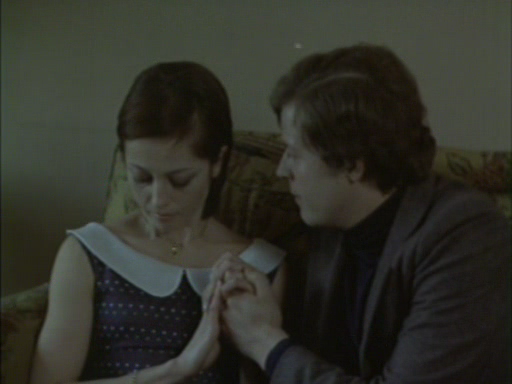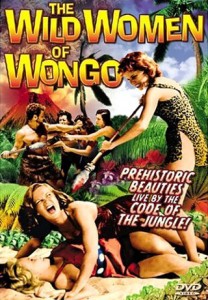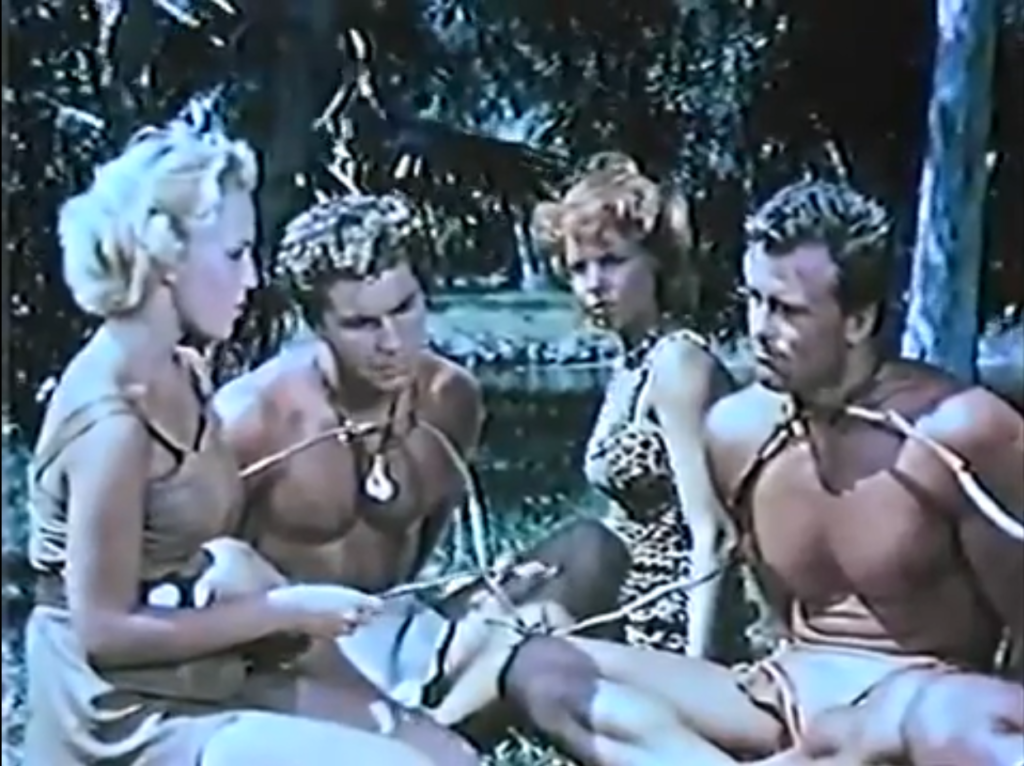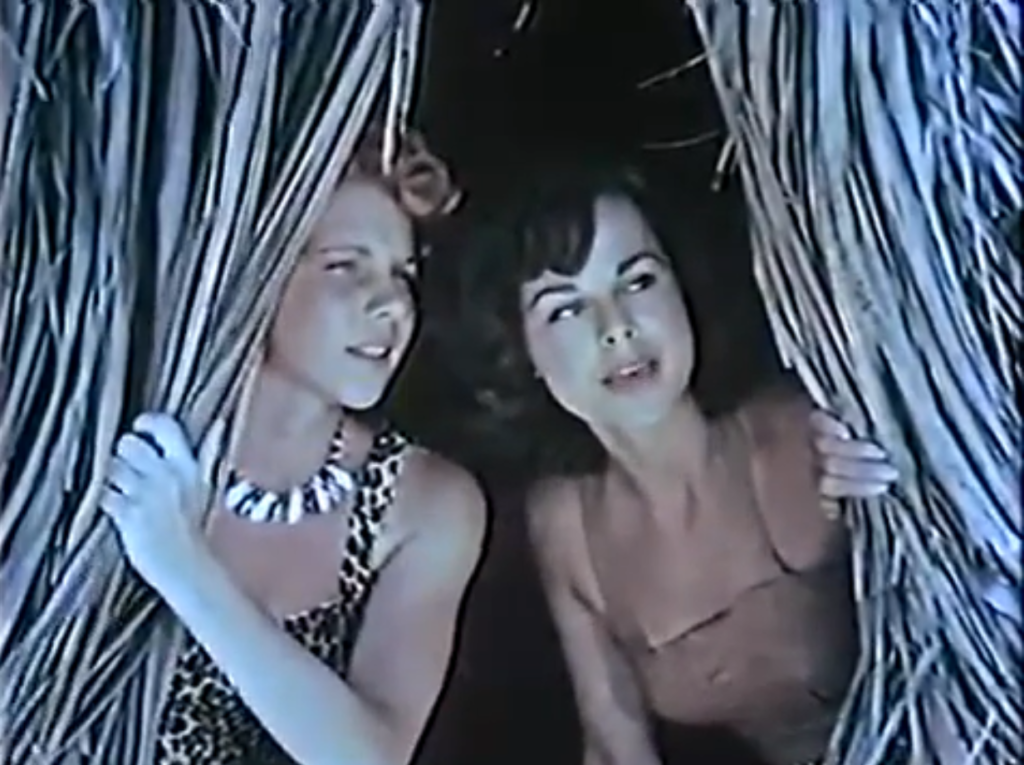|
Genres, Themes, Actors, and Directors:
- Claude Chabrol Films
- French Films
- Friendship
Review:
Le Beau Serge (“Handsome Serge”) was arguably the first film to emerge from the French New Wave movement. Directed by former Cahiers du Cinema critic Claude Chabrol, it’s a deeply personal, character-driven portrait of the tensions inherent in “returning home” after spending years away. The story centers on Francois’s concern for his childhood friend, Serge, who has descended into drink after the stillborn death of his retarded son; despite the imminent arrival of another child by his loyal wife (Michele Meritz), Serge refuses to sober up and live responsibly. Francois is determined to help his friend “see the light”, and eventually sacrifices his own health for the sake of Serge’s happiness; meanwhile, a local sexpot (Bernadette Lafont) is raped by her stepfather, yet Francois’s noble attempt to intervene once again falls flat.
In characteristic New Wave style, the narrative in Le Beau Serge is rather loose, with more of an emphasis on characters, setting, and philosophical contemplation than straightforward action. While it’s never made clear exactly why Francois is so determined to “save” his friend, it’s hinted that he may be driven by a sentiment of “there but for the grace of God…” — indeed, rural life in the film is depicted as narrow and limited, with sexy Marie (Lafont) channeling all her energy into the pursuit of men, and Serge giving up his dream of an architecture career for life as a husband and truck driver. Does Chabrol intend for us to pity the lives of these “simple” characters? It’s hard to tell, but the film’s baroquely allegorical ending — which posits Francois as a sort of Christian martyr — seems to label the townsfolk as somehow needing salvation. Despite its narrative flaws and ambiguities, however, Le Beau Serge remains an oddly compelling character study, one which clearly demonstrates Chabrol’s passion, talent, and dedication to the craft of filmmaking.
Note: Chabrol returned to the theme of country-versus-city in his next film, Les Cousins (1959), in which country-boy Blain comes to stay with his more urbane — and infinitely less sympathetic — cousin (Brialy) in Paris.
Redeeming Qualities and Moments:
- Jean-Claude Brialy as Francois
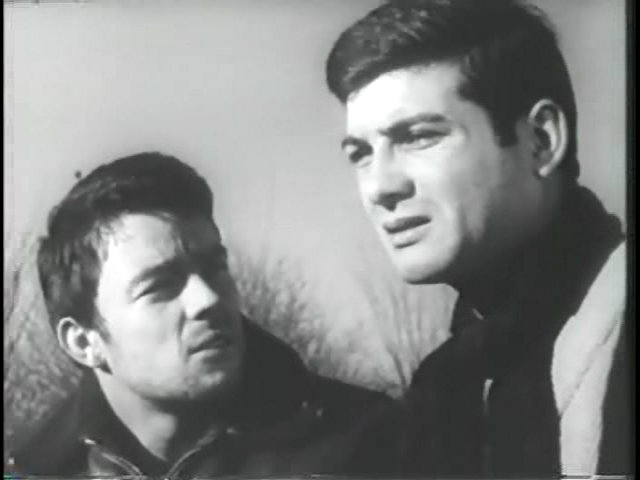
- Gerard Blain as Serge
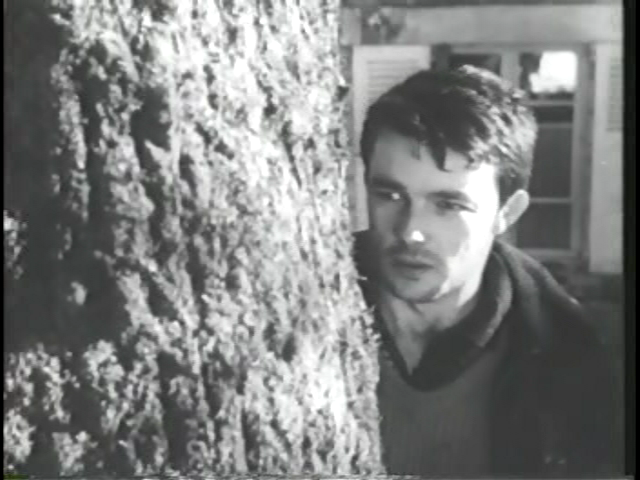
- Michele Meritz as Serge’s pregnant wife, Yvonne
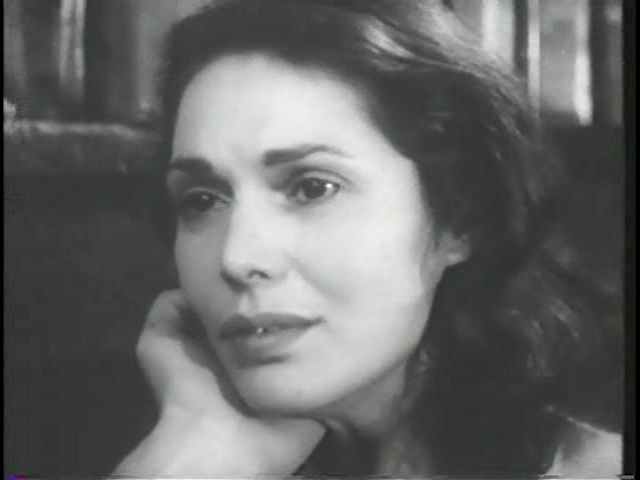
- Bernadette Lafont as Marie

- Effective use of Chabrol’s hometown (Sardent) as a setting
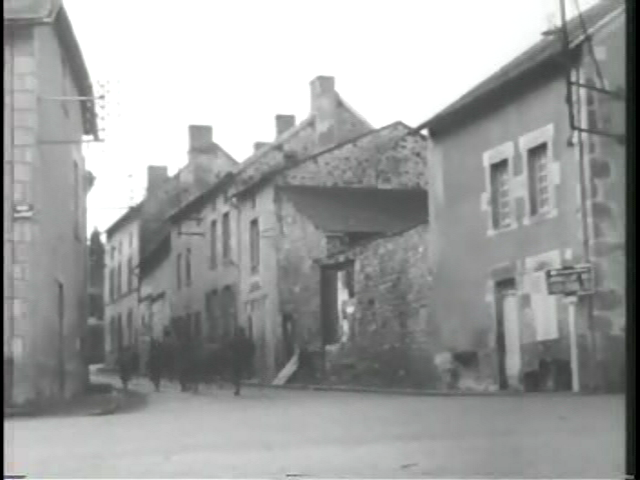
Must See?
Yes, for its cinematic importance. Listed as a film with historical importance and a Personal Recommendation in the back of Peary’s book.
Categories
- Historically Relevant
- Important Director
Links:
|
